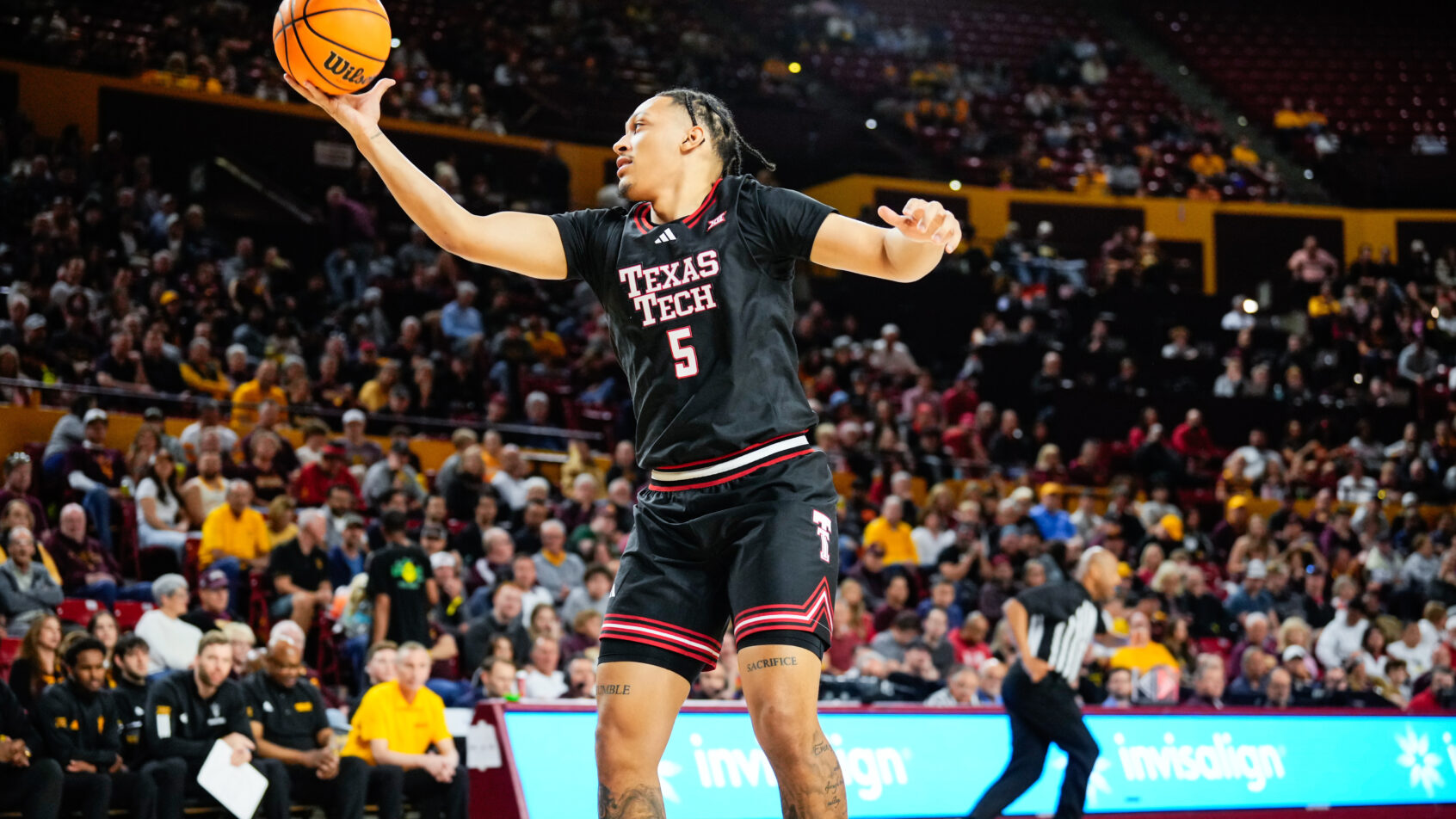Texas Companion Sports Betting Bill Introduced, But Chances Still Low
By Robert Linnehan in Sports Betting News
Published:

- A companion sports betting bill in the Texas Senate has been filed
- The joint resolution defines a sports betting ballot question voters could potentially see in the November general election
- Texas sports betting legalization still faces long odds for approval
A Texas sports betting companion bill has been filed in the Senate, despite dwindling chances that legalization actually occurs this year.
Sen. Juan “Chuy” Hinojosa (D-20) recently introduced SJR 65, the first Senate bill to legalize sports betting in Texas.
The bill is a companion piece to Rep. Sam Harless’s (R-126) HJR 134, a bill to legalize online sports betting in the Lone Star State.
Texas Sports Betting Discussions
Hinojosa’s legislation mirrors Harless’s legislation, which sets the sports betting tax rate at 15% and requires voter approval in November. The bill currently resides in the Senate State Affairs Committee.
The legislation allows the following institutions to hold a sports betting license:
- A class 1 racetrack
- A professional Texas sports franchise
- A golf course that has held sanctioned annual professional golf tournaments as part of a national tour of professional golfers prior to Jan. 1, 2025
Hinojosa’s legislation clarifies the proposed referendum question Texas voters could potentially see on the November 2025 general election ballot. The ballot will be printed to permit voting for or against the following question:
“The constitutional amendment authorizing the legislature to legalize wagering in this state on certain sporting events.”
In addition to the two companion pieces, Rep. Charlie Geren (R-99) introduced HJR 137 in February, a bill to legalize casinos and sports betting. The bill requires a constitutional amendment to be approved by state voters in the November 2025 election if it makes its way through the two legislative bodies.
His bill will allow up to 10 licensed casinos, as well as establishing a process for the state to execute a tribal-state gaming compact with the three federally recognized Texas tribes to also open casinos.
The bill does not include details on what will define casino gaming or sports betting, it also does not set any licensing fees for either activities. It only notes that the “law must define the activities that constitute casino gaming and sports wagering; require licenses and license application fees for casino gaming and sports wagering operators; determine where licensed casino facilities may be located and where sports wagering may be conducted.”
It does set the casino gaming and sports betting tax rate at 15%.
Lt. Gov. Still Massive Roadblock
While there are several pieces of sports betting legislation floating around Texas this session, Lt. Gov. Dan Patrick (R) still poses a huge roadblock for anything to get done.
Patrick, who leads the Texas Senate, and the Republicans in the chamber will likely stomp out any chance a bill has to be approved. Patrick blocked a vote on the bill in 2023 in the Senate, noting that the bill did not have majority Republican support, so it would not be voted on.
He specifically noted that he would not bring a bill to the floor for a vote unless it had the support of 15 or 16 Republican Senators. If only nine Republican Senators are in favor of a bill, he said, it becomes a “Democrat” led bill and will not be called to the floor for a vote.
The 31 member Senate is still controlled by 20 Republican Senators.

Regulatory Writer and Editor
Rob covers all regulatory developments in online gambling. He specializes in US sports betting news along with casino regulation news as one of the most trusted sources in the country.



